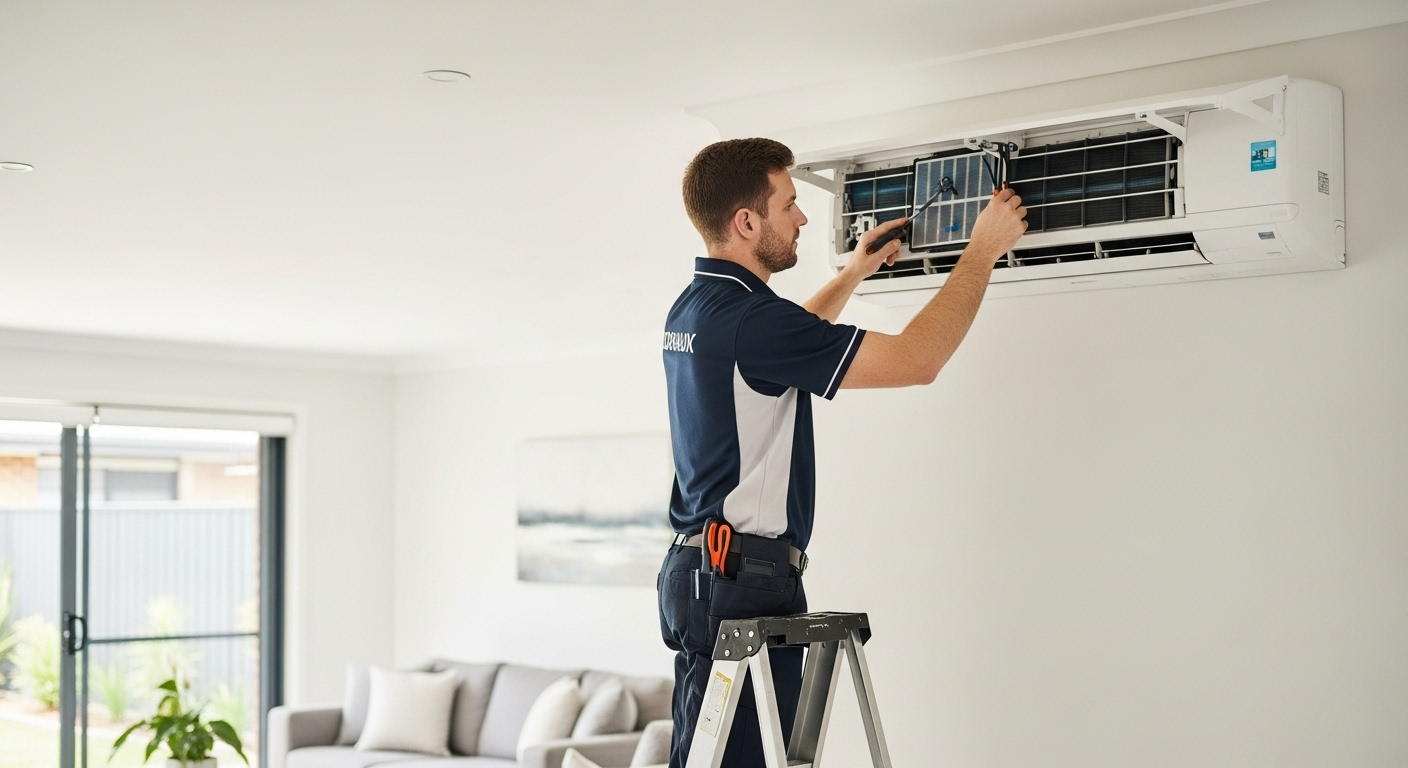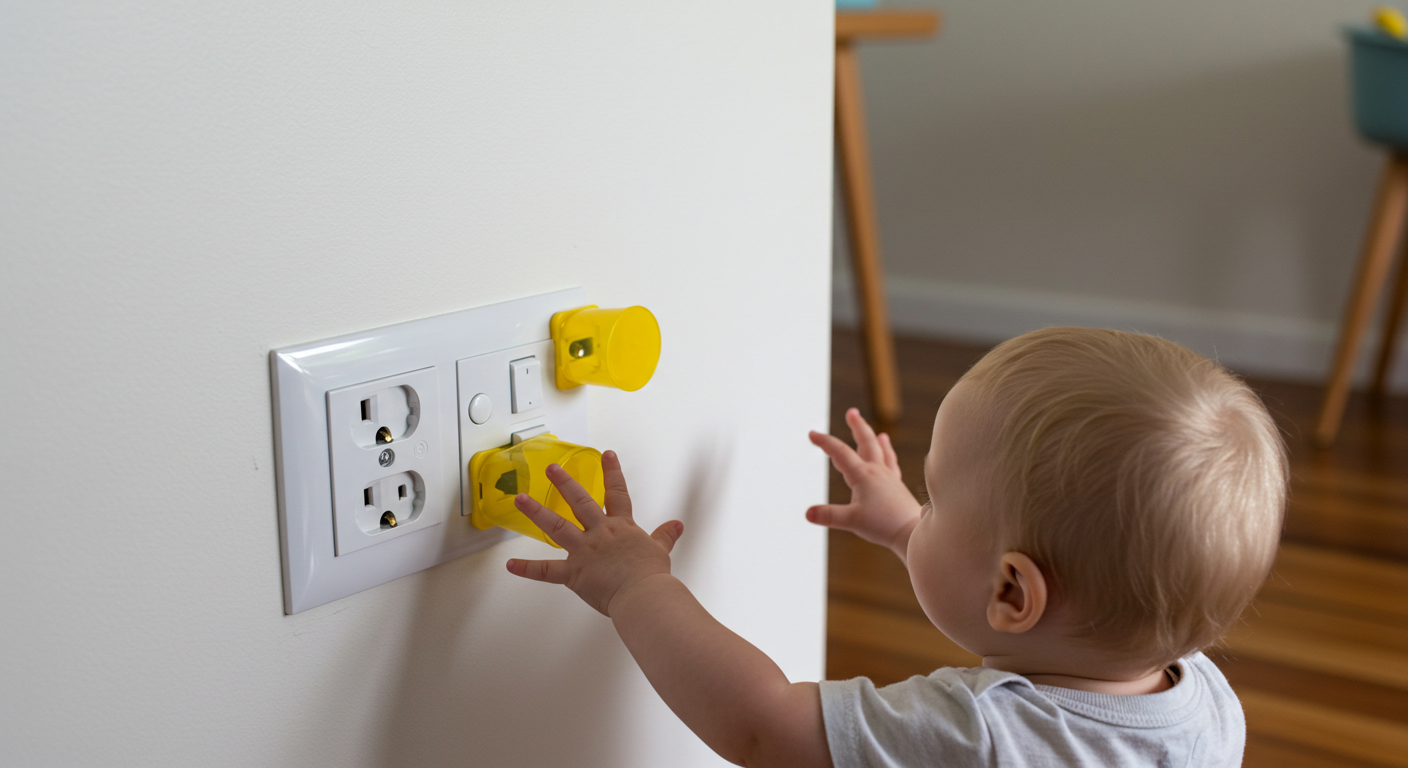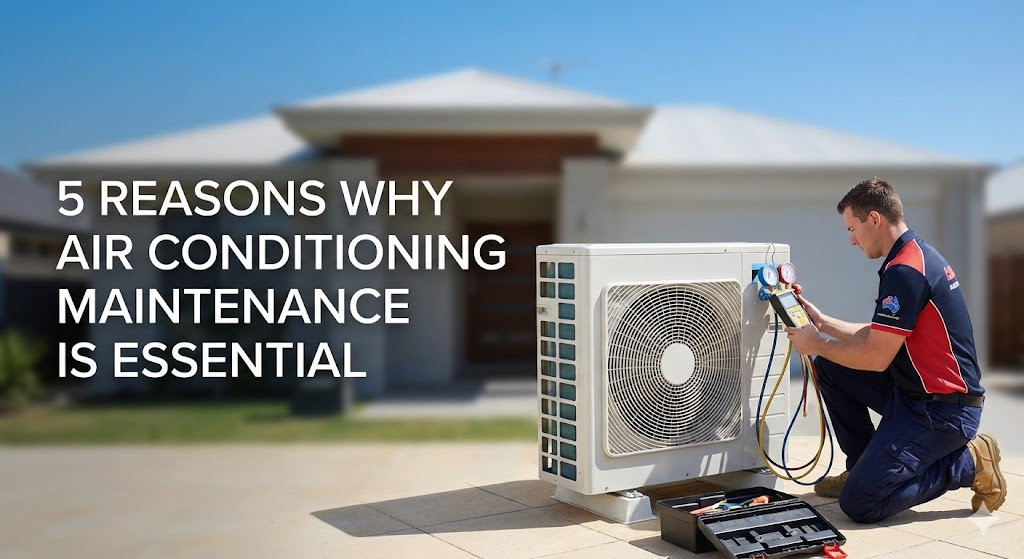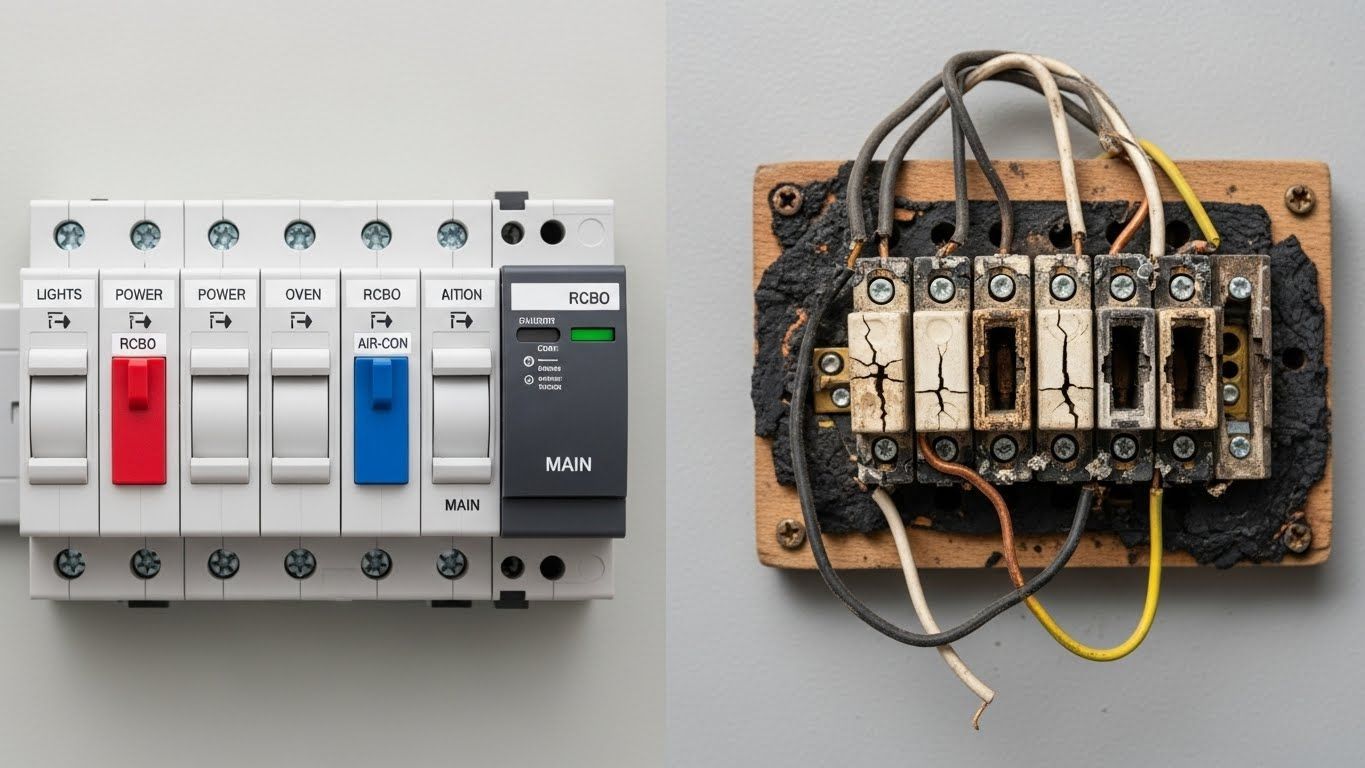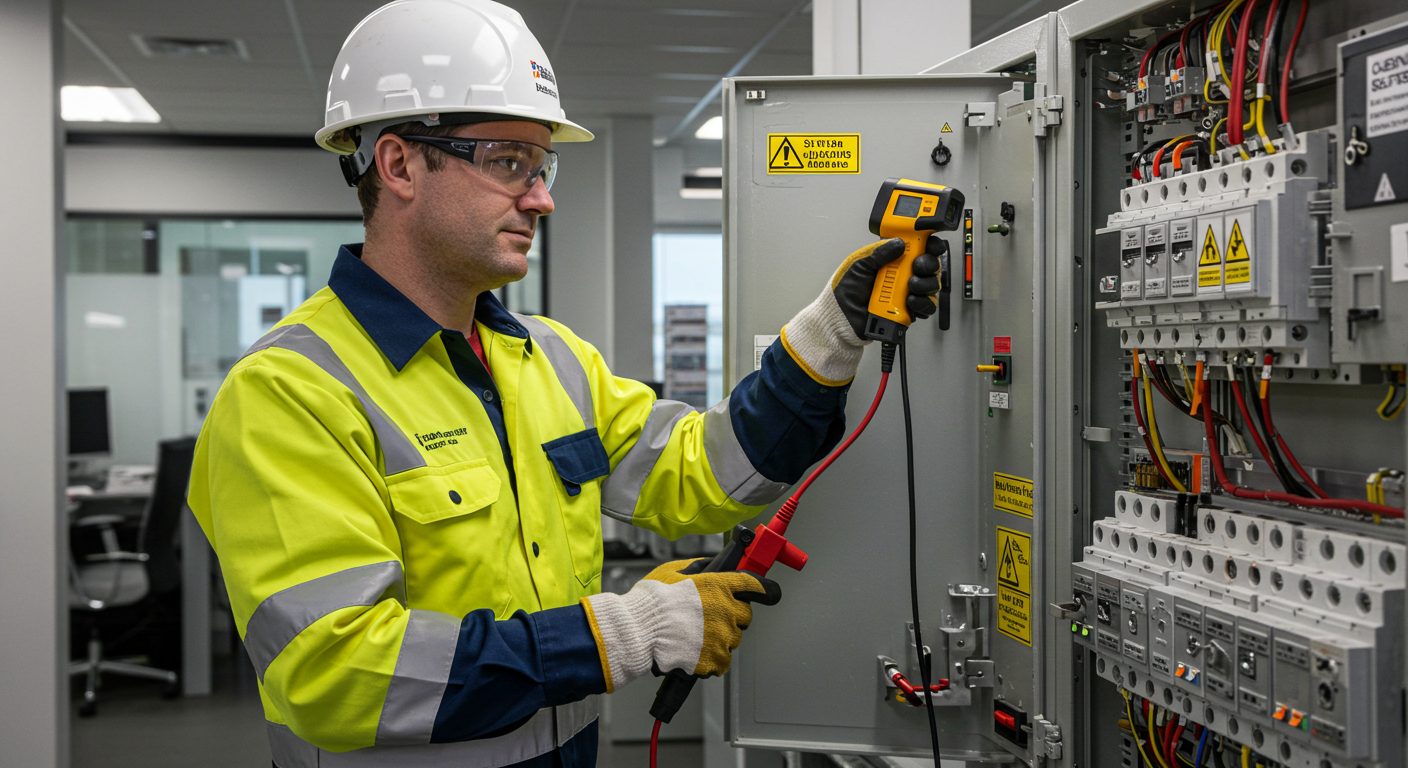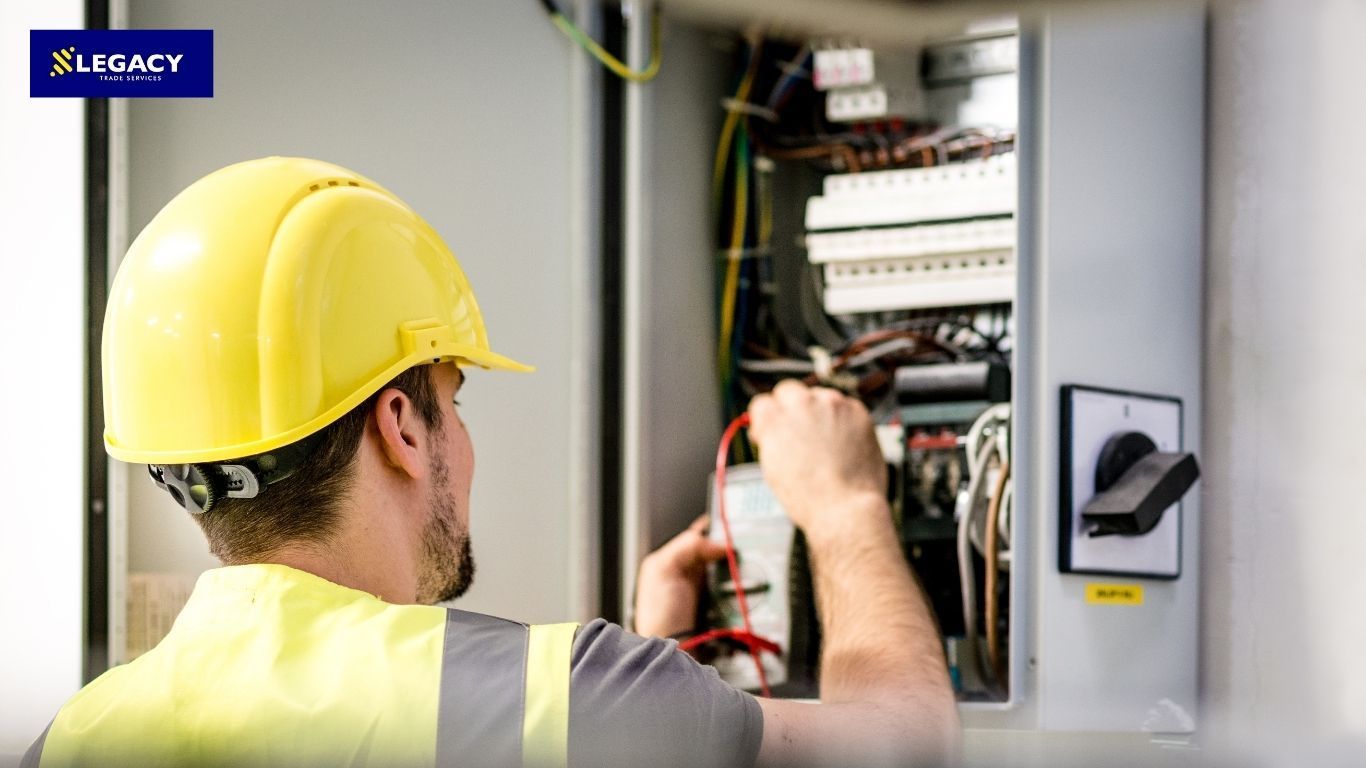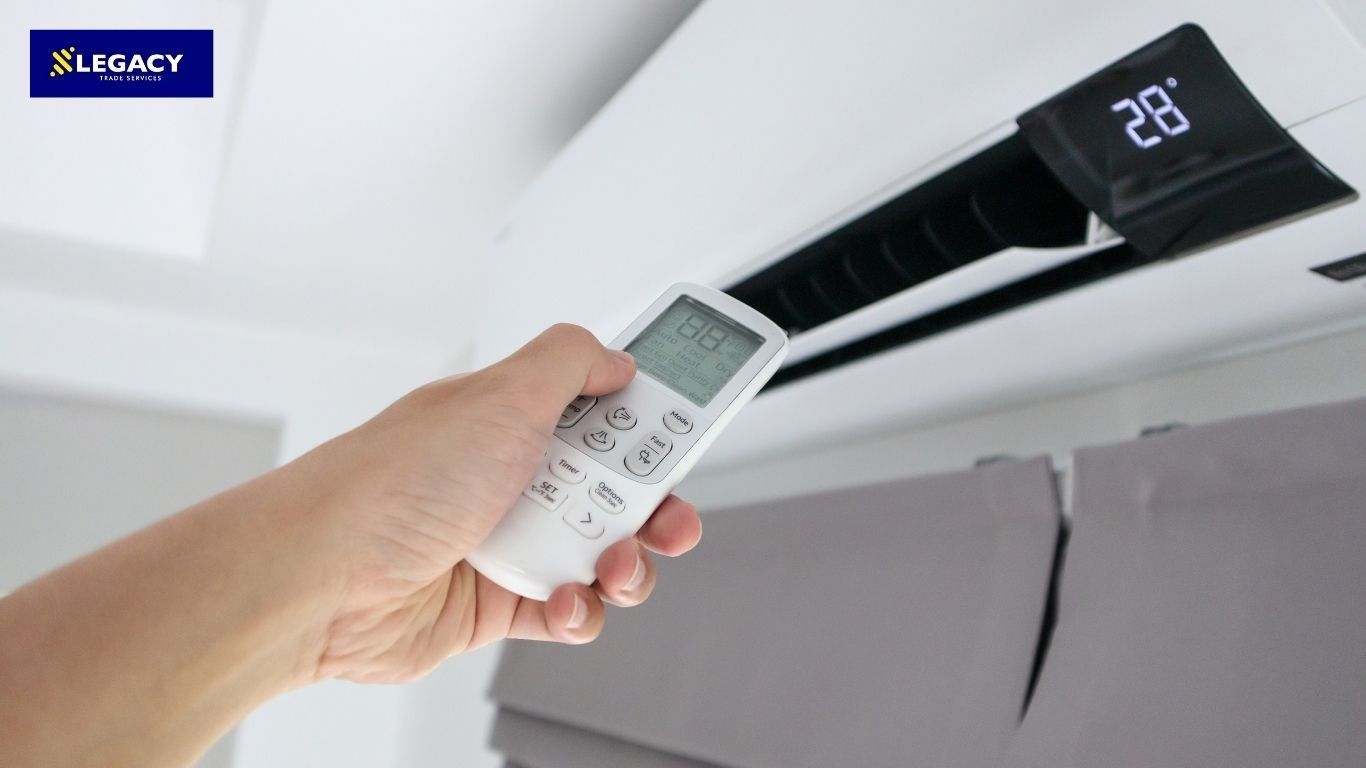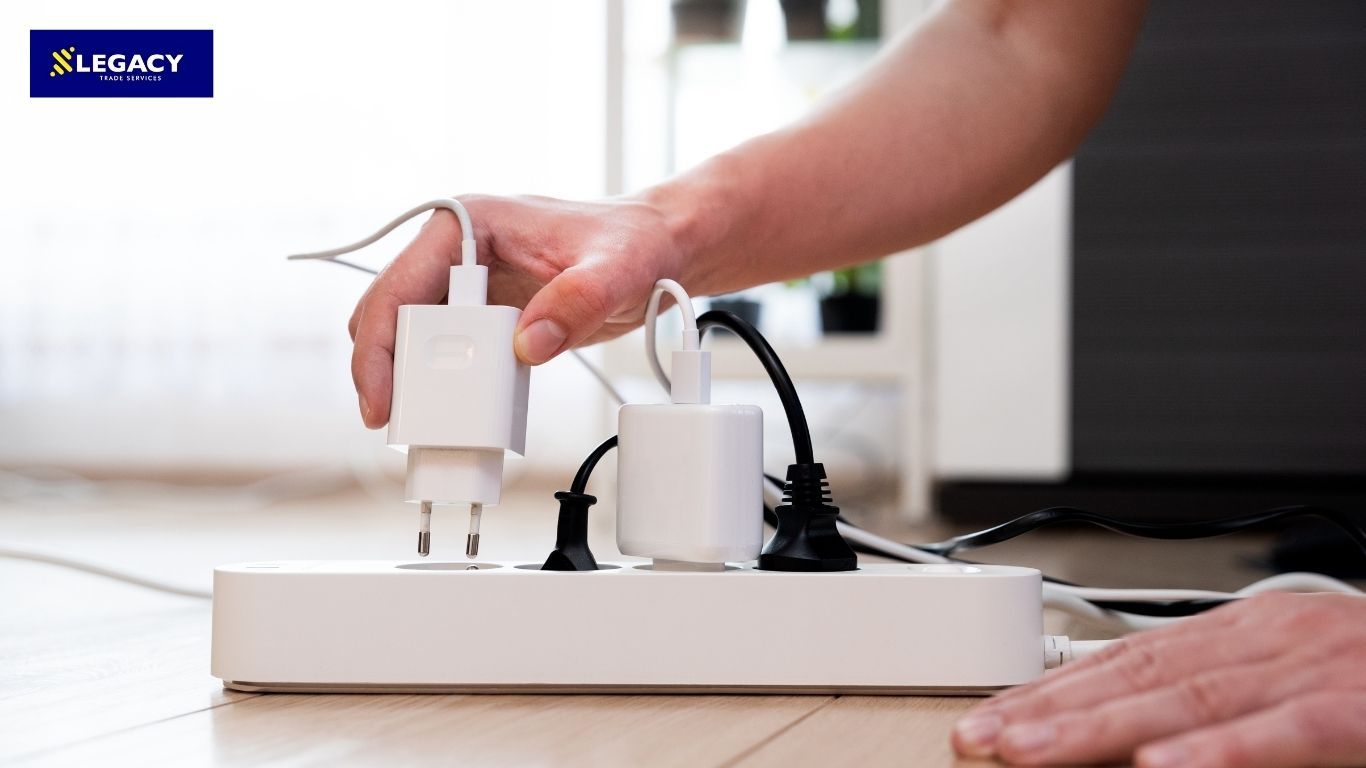How to Spot Faulty Wiring and Keep Homes Safe
In most homes, electricity runs quietly in the background. A switch is flipped, the lights come on, and little thought is given to it. But when the wiring behind the walls begins to fail, the house often gives small signs that something is not right. It might be a light that flickers, a strange smell near a socket, or a breaker that keeps shutting off.
These may look like small problems, but they can quickly grow into safety risks if ignored. Faulty wiring is one of the leading causes of electrical fires, and it can also damage appliances or put people at risk of shocks. Knowing the signs helps you act early and call in help before the problem becomes worse.
This guide covers the common warning signs, explains why wiring faults occur, and outlines the steps homeowners should take to keep their property safe.
How Can Faulty Wiring Put a Home and Family at Risk?
A light that flickers, a breaker that trips, or a socket that feels warm might seem like nothing more than small annoyances. In reality, these are often early warnings of electrical faults that can grow dangerous if left unchecked.
Across Australia, faulty wiring is a major cause of house fires. A spark hidden behind a wall can spread before anyone even smells smoke. Such faults can also deliver electric shocks, damage appliances, or overload old switchboards that were never built for today’s power use.
Because most wiring is hidden in walls and ceilings, we cannot see when it begins to wear out. The only way to know is by noticing the small changes the home shows you. Acting early on those signs keeps property safe and saves from bigger repairs later.
Every day, Warning Signs

Home often gives small hints when wiring starts to fail. Lights that flicker or dim without reason, circuit breakers that trip again and again, or power points that feel hot are early signals that something is wrong. A burning smell, buzzing sound, or dark marks around a switch are even stronger warnings that should never be ignored.
In older homes, an outdated fuse box/switchboard alone can signal that the system is under strain. Spotting these signs early is the first step to keeping the house safe. If a circuit keeps tripping, call an emergency electrician.
The Risks Of Ignoring The Problem
Leaving electrical faults untreated can put your home and family in danger. The biggest risk is fire, which often starts from hidden sparks inside walls. Faulty systems can also give electric shocks or damage appliances by sending unstable power through the system.
Insurance can be another issue. Many policies may not cover damage caused by old or unsafe wiring, especially if it has been neglected. Acting early is always safer and cheaper than waiting until something goes wrong.
When To Call A Licensed Electrician

Burning smells, hot power points, buzzing sounds, or circuit breakers that keep tripping are clear signs it is time to call a licensed electrician. In Australia, it is not only unsafe but also illegal to repair or replace electrical systems without proper qualifications. A qualified electrician has the tools and knowledge to find the fault and fix it properly.
For homeowners, the rule is simple: check the signs, but leave the work to the experts. Companies like Legacy Trade Services provide safe and reliable help when wiring problems appear.
What Electrical Checks Can You Safely Do at Home?
There are a few things that can be checked without touching the electrical system. Power points and switches are a good place to start. Look closely for cracks, dark marks, or covers that feel loose, as these can be early signs of heat or wear.
Safety switches should be tested every few months by pressing the button on the switchboard. Power should be cut off immediately and reset once switched back on. If the device does not trip, it is not working and needs to be replaced.
When using appliances, check how the plugs and cords feel. They should stay cool. If they are hot or have a burning smell, unplug them and get the issue looked at. Also, try not to overload power boards with too many devices, as this can strain the circuit.
These small habits do not take much time, but they help spot problems early and keep the home safer between professional inspections.
How to Maintain Safe Wiring Over Time?
Good electrical systems should not cause daily trouble, but they will not last forever. If a home is older or running more appliances than the system was built for, regular checks by a licensed electrician are a wise step. A simple inspection every few years can uncover weak points before they turn dangerous.
Upgrading an old switchboard or replacing worn components may feel costly at first, but it is safer and often cheaper than facing fire damage or broken appliances later. Keeping good habits at home, such as testing safety switches, avoiding overloaded power points, and watching for small warning signs, also makes a big difference.
With the right care, household electrical systems can stay reliable for decades. Experienced electricians near you provide safe and trusted solutions whenever professional help is needed.
